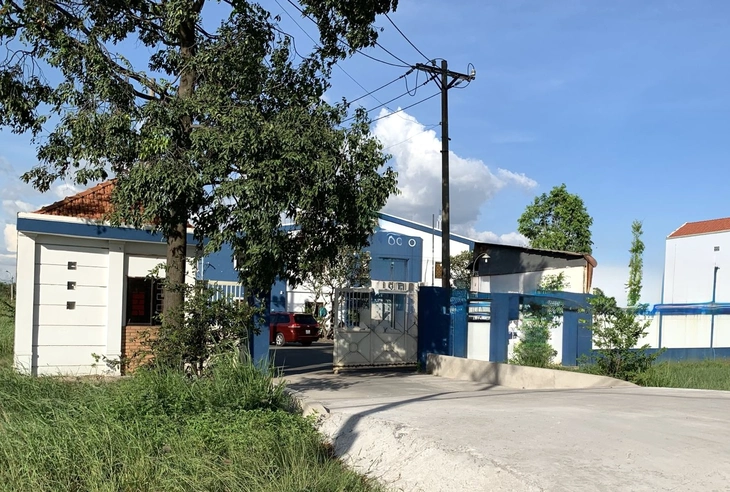
To have land to build factories, many businesses have had to hand over their land to the state, then rent it back with annual payments - Photo: NH
In the 2000s, at the request of the State, manufacturing facilities in Ho Chi Minh City moved to the suburbs to avoid environmental pollution and to give up land in the center for urban and service development. Many people moved their factories to their own land in the suburbs.
But because there is no 1/2000 zoning plan and it is not suitable for building factories, people have to hand over their land to the state and then rent this land by paying annual fees under short-term contracts of 5-10 years.
However, when the lease contract expires or the enterprise wants to liquidate the land lease contract and reissue the old pink book, it will encounter difficulties.
In a typical case, Mr. Cuong bought 2 agricultural plots with an area of 5,930m² in Binh Chanh district (old) to relocate the factory. In 2006, he transferred the above land to the company he owned to request to change the purpose to land for production and business.
However, because the land belongs to the existing residential renovation planning, there is no detailed construction planning at a scale of 1/2000, so the authorities decided to lease the land to this enterprise for a short term of 10 years (2010-2020), the leased area is 5,150m² for factory building, the remaining 780m² belongs to the canal protection corridor, so it remains agricultural land.
In 2017, due to the near end of the lease term, the company wanted to extend the lease, but the land was currently in the urban residential land use planning and could not be extended, so the company completed the procedures to return the land to Mr. Cuong personally.
During this time, he also submitted many applications to request land lease extension, change land use purpose or re-issue pink books according to the current or original status for continued use when the lease term expires.
However, by 2024, he was only allowed to convert 4,800m² to residential land, but had to pay 100% of the land use fee, and could not deduct the price of agricultural land. The remaining 350m² of production and business land was not allowed to convert to residential land, but he was not granted a pink book and was forced to renew the land lease and pay the annual rent.
Similarly, Ms. Phuong also inherited land and transferred the land to Ho Chi Minh City to lease back in the form of annual payments for the purpose of building a factory.
In 2018, the company transferred the assets on the land to Ms. Phuong and handed over the land for her to continue using, but according to regulations, Ms. Phuong can only continue to lease the land for the remaining time until 2020.
Over the years, Ms. Phuong has requested to reissue the old red book, but until now there is still no legal regulation to reissue it, putting her in a difficult situation.
"I cannot change the land use purpose because I cannot afford to pay the high conversion fee, but when business is difficult, I want to liquidate the lease contract to reduce land rental costs and get the same land use rights again, but I cannot. If I am forced to maintain the land lease extension, I don't know how long it will last," said Ms. Phuong.
Need to overcome the shortcomings of legal regulations
According to experts, Decree 103 does not clearly distinguish between private land with annual rental payments and state-leased public land. Due to the lack of this distinction, when converting to residential land, both types of land must pay 100% of the residential land use fee according to the land price at the time of conversion (land value is 0).
As a result, land users have to pay much higher land use fees than other agricultural plots because the actual land value that land users spent to buy the land is not calculated.
The law currently does not have a mechanism to allow people to be reissued pink books in the current state or as before leasing the land when they terminate their land lease contracts. The law also does not have regulations on land recovery in this case, causing many problems in issuing pink books when the land lease contract ends for people and businesses.
Lawyer Tran Minh Cuong (Ho Chi Minh City Bar Association) said that it is necessary to amend and supplement Decree 103 on land use conversion fees for land leased with annual rental payments originating from households and individuals, inherited or self-created, not public land leased by the state. When converted to residential land, the land use fee is calculated as for non-agricultural production and business land or agricultural land at the time of conversion, not applying the rate of 100% of residential land price.
In addition, these cases have the right to terminate the lease contract early if no longer needed and be reissued the pink book according to the current status or type of land before leasing.
Source: https://tuoitre.vn/doanh-nghiep-gap-kho-khi-phai-dong-ca-tram-ti-dong-de-chuyen-muc-dich-su-dung-dat-20251015161303881.htm


![[Photo] General Secretary To Lam attends the 18th Hanoi Party Congress, term 2025-2030](https://vphoto.vietnam.vn/thumb/1200x675/vietnam/resource/IMAGE/2025/10/16/1760581023342_cover-0367-jpg.webp)


![[Photo] Conference of the Government Party Committee Standing Committee and the National Assembly Party Committee Standing Committee on the 10th Session, 15th National Assembly](https://vphoto.vietnam.vn/thumb/1200x675/vietnam/resource/IMAGE/2025/10/15/1760543205375_dsc-7128-jpg.webp)




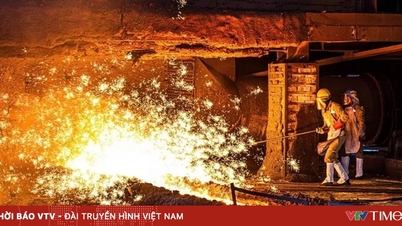
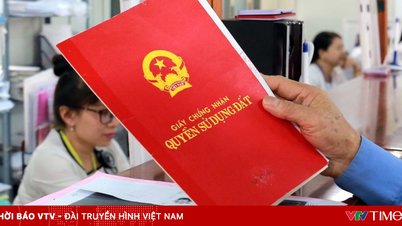







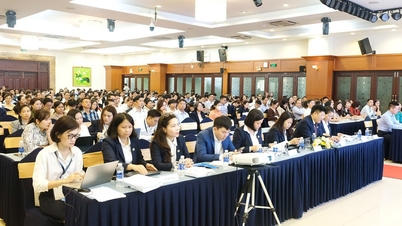





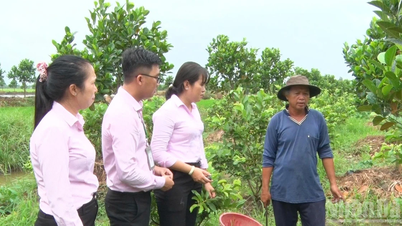















![[Video] TripAdvisor honors many famous attractions of Ninh Binh](https://vphoto.vietnam.vn/thumb/402x226/vietnam/resource/IMAGE/2025/10/16/1760574721908_vinh-danh-ninh-binh-7368-jpg.webp)
































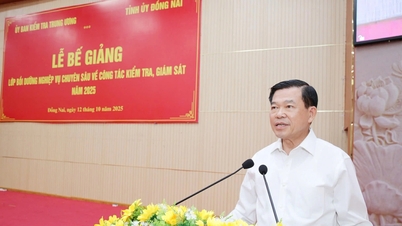



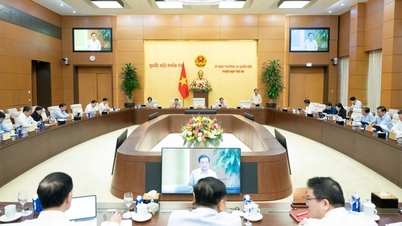





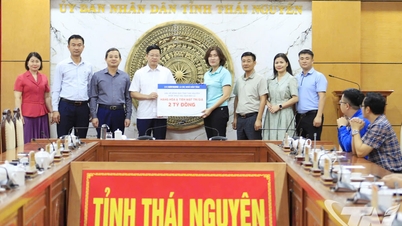



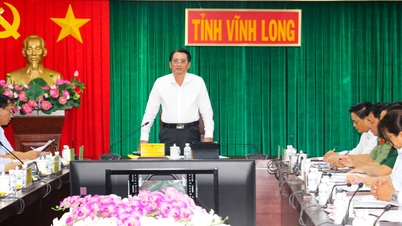

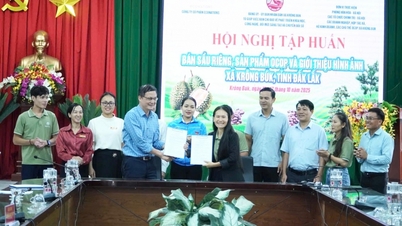

















Comment (0)